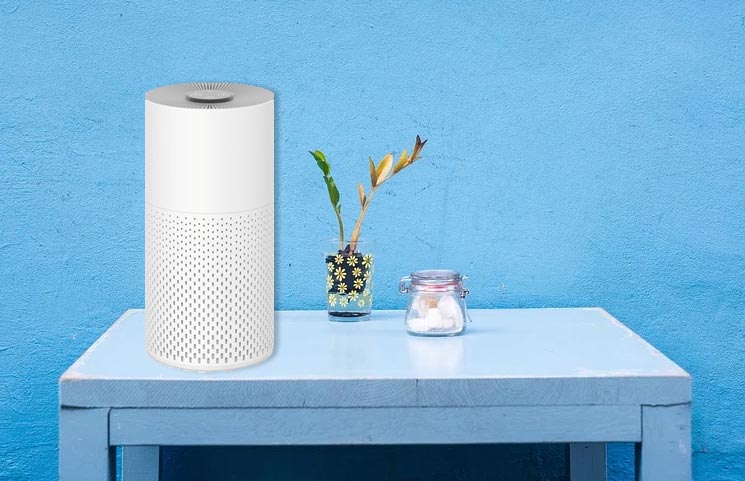General News
Air Purifiers for Indoor Pollution Take Top Spot as Most Sold Home Appliance in 2020
Published
4 years agoon

Air pollution can be present indoors, too, as toxins can come inside as well. Many research studies say a low indoor quality of air can affect people’s health just as much as pollution from outside does. This is perhaps why the most sold home appliance this year were air purifiers. However, the coronavirus pandemic most likely played a significant role in this spectacular increase in sales too.
Why Use an Air Purifier?
Air Purifiers can do wonders for health because they remove pollutants, allergens, and fumes. Since this year, consumers spent most of their time inside because they were in lockdown, air purifiers became their most looked-for shopping product. These devices may not be helpful when it comes to many other diseases, but as far as the airborne ones go, they’re the most efficient. For example, during the Coronavirus crisis that the world is going through, they can save lives by preventing people from getting infected. Besides, they significantly improve the quality of air for those who are in self-isolation.
Can Air Purifiers Protect from Coronavirus?
There’s still not too much information on how the Coronavirus evolves or spreads. Even more medical professionals are saying this disease is traveling through the air, by breath droplets, which means it can be transmitted when someone infected sneezes or coughs. While it’s unlikely for the droplets to land on surfaces, they remain in the air for quite a while. This is why so many people have bought air purifiers for their homes. Most of those who did so are healthcare worker's relatives, as they’re the most exposed to the virus.
What’s the Best Air Purifier?
Since a simple venting of the home is not enough to defeat an airborne virus, air purifiers with high-efficiency particulate air (HEPA) are the most viable option for cleaning the air indoors. Jeffrey Siegel from the University of Toronto is an expert in the quality of indoor air, so he knows how air purifiers should work against droplets and virus particles. He says air purifiers are something valuable to have in these times of a pandemic. During the SARS outbreak from 2003, those working in hospitals were massively using HEPA air purifiers to contain the epidemic. A Journal of Infectious Diseases research study says that filtering the air reduces the transmission of influenza, another dangerous virus. Because air purifiers also reduce the concentrations of microorganisms in the air, they drastically decrease the risk of people getting infected with those viruses.
HEPA Air Purifiers Destroy 99.97% of Airborne Particles
Very helpful when it comes to cleaning the air, HEPA air purifiers destroy 99.97% of airborne particles that are up to 0.3 microns. The coronavirus is 0.125 microns and 1 micron when traveling by cough and sneezes. This means HEPA air purifiers can catch it. In other words, these devices can significantly reduce the risk of getting infected with COVID-19, so it’s clear to see why people have decided to buy them more than ever.













